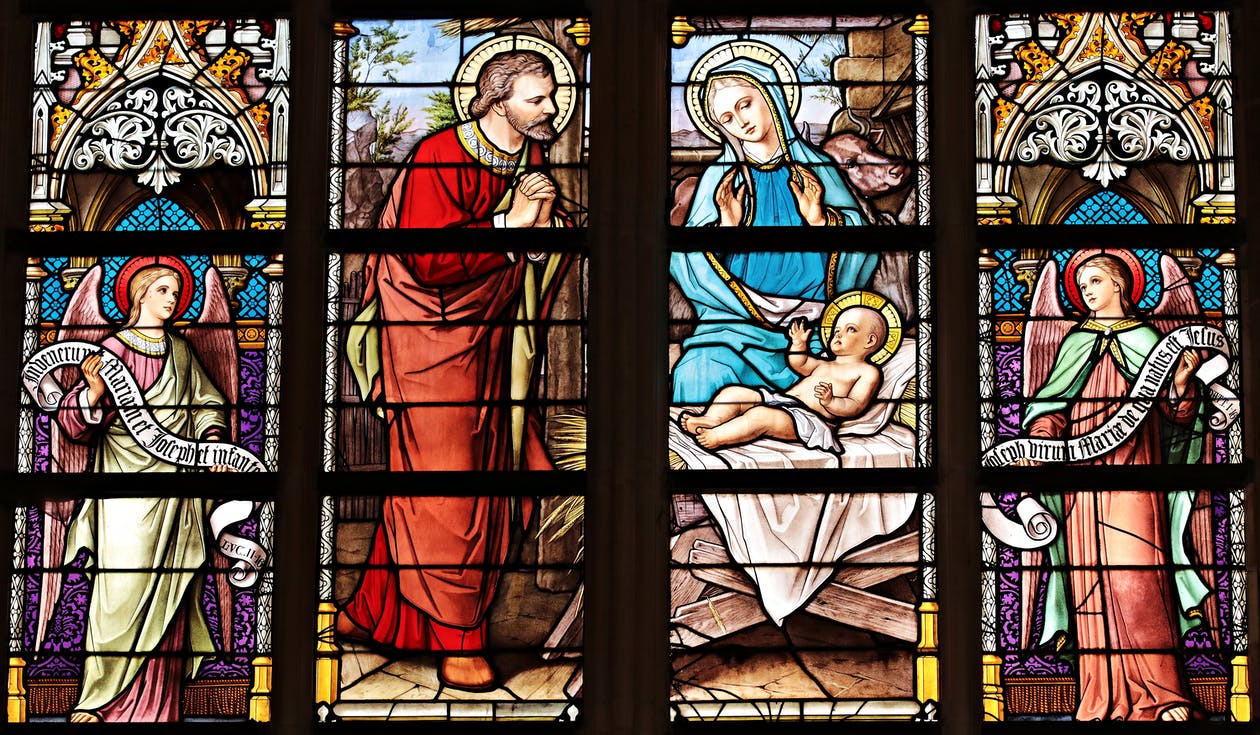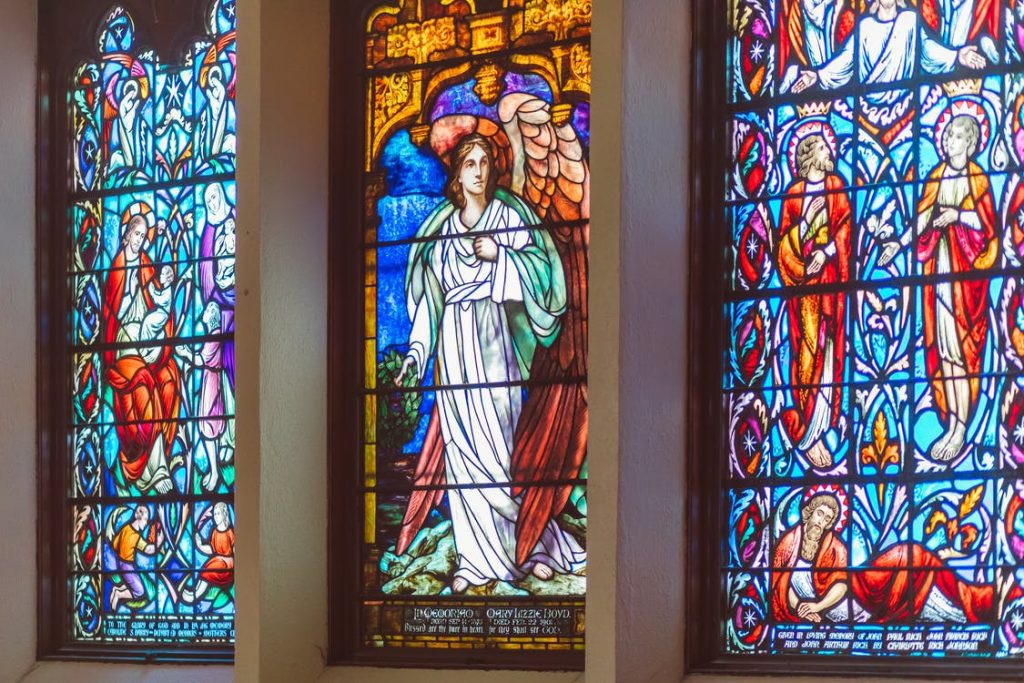A Guide To The Patron Saints

Table Of Contents
You’ve probably heard of Saint Jude, the patron saint of lost causes.
Perhaps you’ve seen a statue or icon of Saint Francis of Assisi, the patron saint of animals?
The tradition of saint worship dates back to the early years of the Christian church, around the first century.
The notion of saints adopting them as “protectors” or “patron saints” also may be an idea that’s a little obscure to you.
What Are Patron Saints?
Patron saints have been special protectors for guardians over the past few years. These areas also include some of the specific parts like illness, churches, countries, and the causes.
The guide of patron saints denotes every type of important incident in the life of a person.
In historical documents, we often see people and churches named after famous people like missionaries, saints, and kings. Even sometimes, there is no actual meaning of the names.

This article will give background on patron saints in general and a few of the most prominent ones.
Keep reading about the patron saints to learn more about their origin.
1. The History of Patron Saints
A patron saint is a person who is considered to be a protector or intercessor before God on behalf of a particular group of people or things.
Patron saints are often chosen because they have some connection to the person or something they are supposed to protect. St. Patrick is often also addressed as the patron saint of Ireland. Hence he is also credited with bringing Christianity to the country.
The idea of patron saints is not exclusive to Christianity. Many different religions have figures that are revered for their protection or intercession. In Catholicism, assigning patron saints to various causes or groups dates back to the early Church.
2. The Patron Saint of Protection
The Patron Saint of Protection is a guide to the patron saints who offer protection from the perils and dangers of life. These saints are powerful intercessors.
Catholics also believe that Catholic pendants can provide them with security.
3. The Patron Saint Of Healing
Many different Patron Saints are associated with healing. Some of these include Saint Blaise, Saint Cosmas, and Saint Damian. Saint Raphael and the archangel are the patron saints of healing.
The other name of the saint Raphel is the god heals. We all can find Raphael in the Old Testament book of Tobit. There he is also popular as the name of the healer of the mind.
Each of them has its unique story and connection to healing. For example, Saint Blaise is the patron saint of throat ailments, and Saint Cosmas is the patron saint of surgeons.
| Saint Jude is also known for his miraculous abilities. In addition to these saints, many others are associated with healing. These include Saint Damian, Saint Rita, and Saint Anthony. |
4. The Patron Saint Of Miracles
Saint Jude is the saint of hope, impossibilities, and lost causes. He is often invoked when all hope is lost. He is also the patron saint of cancer patients and hospitals.
Saint Jude is known as the Saint of Miracles because of the numerous miracles attributed to his intercession. He is known as the ‘Friend of God and the ‘Prince of Apostles.’Anthony of a Portuguese catholic priest.
He is also popular by the name of the patron saint of miracles. His outstanding knowledge of church history is very popular. And he was also popular by the name of the patron saint of miracles.
Saint Jude Thaddeus is a powerful intercessor, and his intercession is known to be very productive. If you need a miracle, call Saint Jude Thaddeus and ask him to intercede on your behalf

Here Is Your Guide to the Patron Saints
- Patron saints have been around for centuries and continue to be a popular way to honor individuals and groups. If you’re looking for a guide to patron saints, this article has you covered.
- Whether you’re looking to keep a loved one or learn more about this Catholic church tradition, this guide is a great place to start.
- Did you find this article helpful? Check out our blog for more informative articles. And if you think we are missing out on some of the points, you can share your opinion through the comment sections of the blog.
Additionals
You May Also Like

September 3, 2022
The Subtle Signs Of Elder Abuse: What To Look For

September 19, 2022























